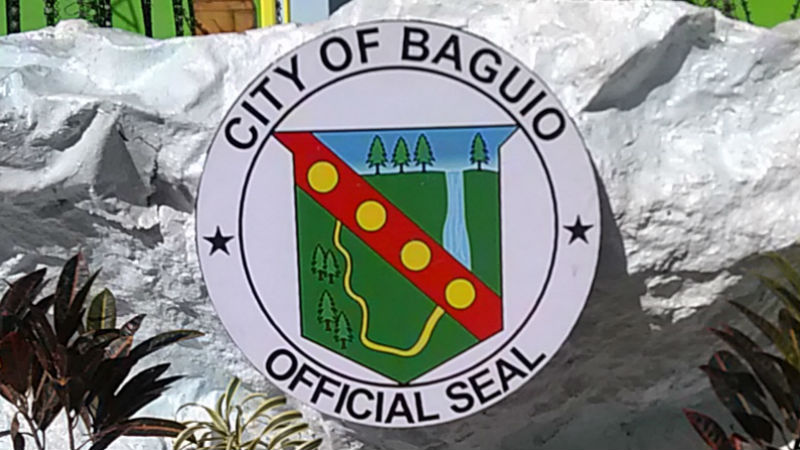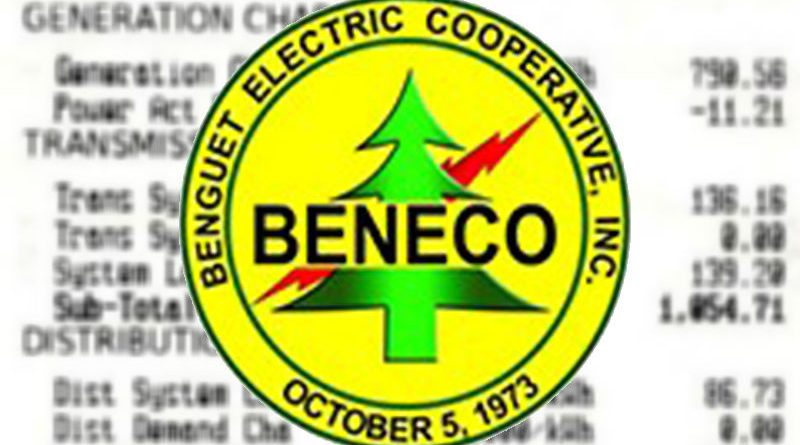BAGUIO CITY – The Asian Development Bank (ABD) signified its willingness to provide soft loans and grants to the city government for the rehabilitation of the existing Baguio sewerage treatment plant and the construction of other sewerage treatment plants in strategic areas of the city to help in efforts to improve the water quality being discharged to the different bodies of water.
Mayor Benjamin B. Magalong reported the ADB decided to hold its regular board meeting in Baguio City in March next year which will be an opportunity for the city government to request for support on the proposed projects to be acted upon.
He pointed out one of the proposed major projects of the city government is the proposed rehabilitation of the 32-year old Baguio sewerage treatment plant to significantly increase its capacity to accommodate the increasing sewerage connections and to maximize its potentials to effectively and efficiently treat waste water before discharging these into the different bodies of water.
Aside from the proposed rehabilitation of the Baguio sewerage treatment plant, the city government is also working out the construction of other sewerage treatment plants in strategic areas in the city, especially along the 4 major river systems, specifically the Balili River, Bued River, Ambalanga-Agni River and Asin River so that waste water is properly treated before being discharged to the different bodies of water.
The Baguio sewerage treatment plant along the Balili river was designed to treat some 8,600 cubic meters of waste water daily but now treating 12,600 cubic meters daily due to the increasing population of the city.
The rehabilitation of the existing sewerage treatment plant and the construction of other sewerage treatment plants in strategic areas in the city is one of the proposed programs and projects under the present administration’s 15-point collective agenda on revitalizing the city’s environment.
Among the identified major pollutants in the city’s waterways include human and animal waste, which indicate there are numerous households and backyard piggery raisers directly discharging their waste water to the different bodies of water leading to the various river systems of the city.
The city government launched an aggressive campaign to rid the city from backyard piggeries as part of the initiative to reduce the pollutants in the city’s bodies of water as animal waste worsens the water quality in these water bodies.
Another contributory factor to the water quality is the unabated dumping of garbage in creeks and streams that are washed down to the rivers further polluting the waterways around the city.
The Balili River is said to be the most polluted body of water in the city with reported 1.4 trillion matter per number (MPN) per 100 milliliters of water, while the Bued River registered some 465 million MPN per 100 milliliters of water compared to the 450 million MPN per 100 milliliters of water recorded in the Pasig River in Metro Manila.
By Dexter A. See













